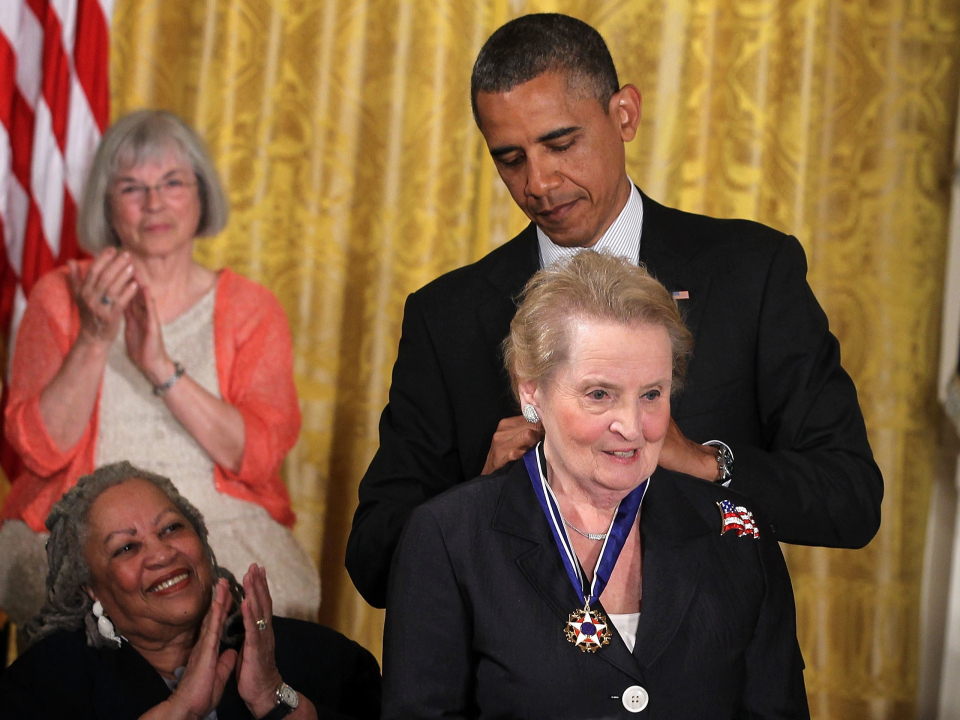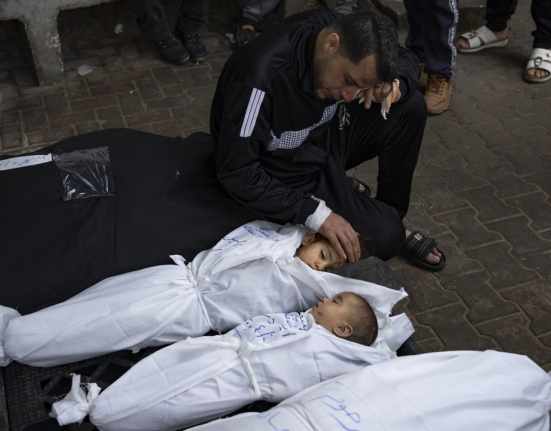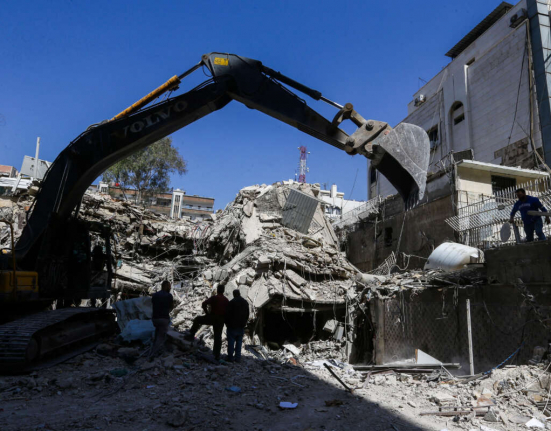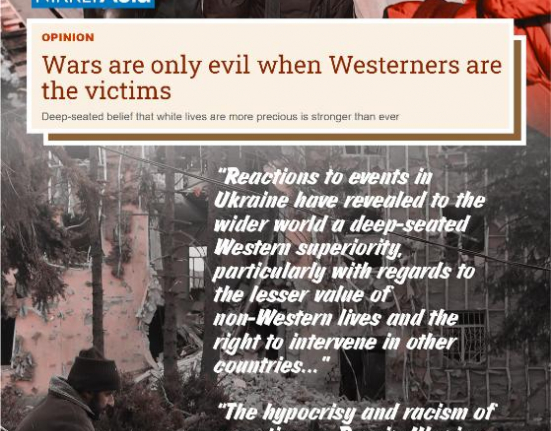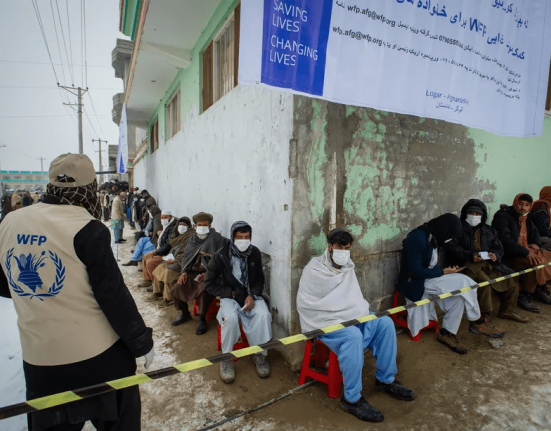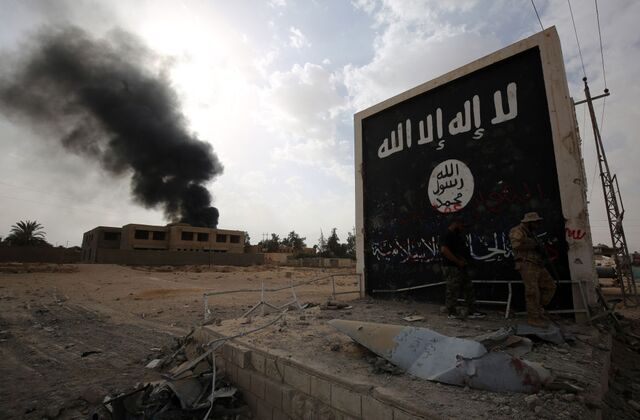By: Desmond Keuper , PIPE DREAMS
Former President Bill Clinton’s Secretary of State Madeleine Albright passed away on March 23, 2022. Her death was met with a commemorative op-ed piece by Hillary Clinton in The New York Times. Former President George W. Bush made a commemorative post on his Instagram. President Joe Biden spoke in commemoration, calling her “a force for goodness, grace and decency,” and Bill Clinton, whose presidency she served under as ambassador to the U.N. and then as secretary of state, called her “a passionate force for freedom, democracy and human rights.”
A simple fact of politics is that political rhetoric has the tendency to simplify issues. When dealing with foreign policy, it has been noted enough times that “freedom” and “democracy” are used frequently as buzzwords to refer to American interests. Bush himself claimed that the central objective of intervention in Iraq was to “free its people.” However, when examining Albright’s legacy it becomes clear that in her foreign policy objectives she did not symbolize these things. As secretary of state under the Clinton administration in the years leading up to the invasion of Iraq, Albright oversaw the implementation of severe sanctions against Iraq, preventing the import of any commodities into the country except for food and medical supplies. However, as the sanctions themselves were implemented, many citizens did find themselves without medical equipment, and children especially suffered malnutrition as a result of a food shortage. The exact death toll is heavily contested, but estimates put the death toll among Iraqi children alone as 567,000. The measures Albright oversaw are also cited as motivating factor in the Sept. 11 attacks on the twin towers.
The Iraq War happened in 2003 under the Bush presidency, causing between 186,176 and 209,391 violent civilian deaths to date. Though some dispute this, many believe that the destabilization of the region that occurred as a result created the power vacuum that allowed groups like ISIS to emerge. The devastation that resulted had been predicted — U.S. Sen. Bernie Sanders (D-VT) spoke out against the invasion before it happened, saying there were not yet any released estimates of the probable tens of thousands of deaths among Iraqi civilians. The possibility of a fraction of the actual fallout served as a deterrent enough for him.
In 1996, Albright was interviewed and asked about her thoughts on the impact of her sanctions. At the time, the estimated death toll for children was more than half a million. When confronted with this issue, Albright admitted that the choice to level sanctions was difficult, but said that “the price is worth it.” Iraq is now understood to have been a primarily economic conflict for the United States — it cannot be denied that Saddam Hussein was a terrible leader, but our interest had more to do with oil than anything else. Albright clearly was fine with more than half a million Iraqi children dying to keep oil cheap. Like much of the rest of the American governmental apparatus, when push came to shove, she saw foreign lives as disposable.
At the beginning of the semester, I published an article about the role of American apathy in perpetuating the Saudi-led war in Yemen. Now, as Albright’s name is circulated, I find the problem of apathy emerging once again. Albright’s role in perpetuating this humanitarian crisis has long gone unnoticed. She was awarded the Presidential Medal of Freedom in 2012, and appeared in episodes of “Gilmore Girls” and “Parks and Recreation.” But apart from more progressive outlets like Democracy Now! and Al Jazeera, mainstream news has said little about this aspect of her legacy since her death. As American imperialism continues its destructive path through the Middle East, and as America condemns Russian President Vladimir Putin for committing atrocities not unlike our own, we collectively must reckon with the results of our interventionism. Even when we are justified in condemning other countries, our words do not carry the same weight if we ourselves are guilty of the same crimes. Albright’s actions in Iraq helped radicalize people like Osama bin Laden. China also heavily condemned the war when it happened, providing a justification for their current global economic expansion.
The lives of foreign children are not worth less than those of American children, and Albright has died with the blood of many children on her hands. And even after all the death, the Bush administration’s purported objective to “end tyranny in this world” was not met. People like Hillary Clinton and Biden, who supported the invasion in 2003, and Bush, who oversaw the war itself as president, are just as guilty of human rights violations as Albright. People like them wield a great amount of power not only in the political sphere but in the sphere of American ideology as well. When they refuse to even acknowledge the effect of their actions on the rest of the world, the American public is encouraged to be apathetic as well, to dismiss the lives of Iraqi or otherwise foreign citizens as, at the end of the day, irrelevant. The American public is kept complacent over foreign intervention. And, speaking practically, as long as there are people like them in power, there will never be peace in the Middle East.
As a high-ranking diplomat, and later as secretary of state, Albright’s career consisted of more than sanctioning Iraq. However, the conditions she created in the Middle East have gone unrecognized in the mainstream, and as we continue on the same path in countries like Yemen, this is the aspect of her political career that we need to confront the most. We need to take a serious look at our own interventionism, and a serious anti-war movement needs to develop. We will not be able to reckon with the challenge of American imperialism until we are willing to criticize it harshly. As long as we are silent, as long as we are apathetic, as long as we honor those who are most guilty, we allow this cycle of death to continue.

In 1996, Albright was interviewed and asked about her thoughts on the impact of her sanctions. At the time, the estimated death toll for children was more than half a million. she said that “the price is worth it. The lives of foreign children are not worth less than those of American children, and Albright has died with the blood of many children on her hands. The exact death toll is heavily contested, but estimates put the death toll among Iraqi children alone as 567,000.

